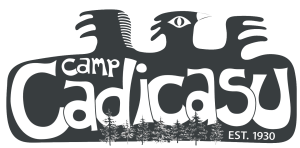Cadicasu History
95 years of creative thinking has made our camp the perfect combination of tradition and responsiveness to the needs and aspirations of today’s youth.
What makes us unique is that people accept each other here unconditionally, for their likeness as well as their differences.
Multiple generations of campers come here because they know that it is a special place where they can fully be themselves.
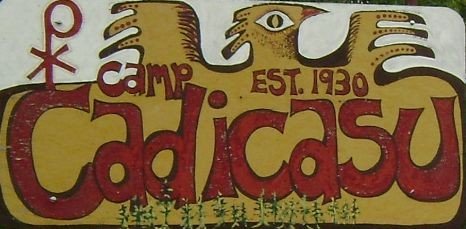
The old Cadicasu we have known for many years continues to inspire new generations of campers and staff.
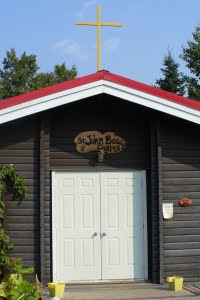
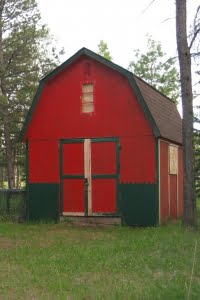
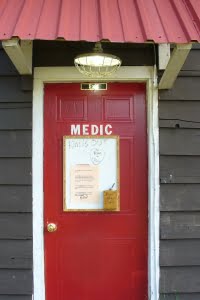
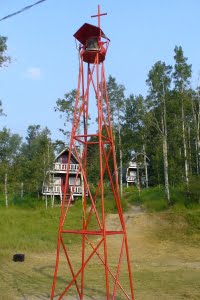
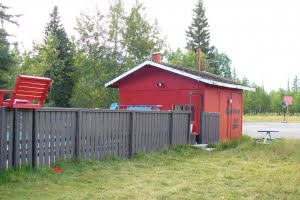
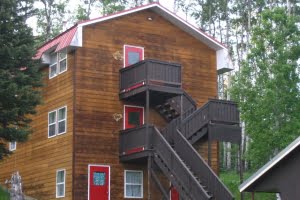
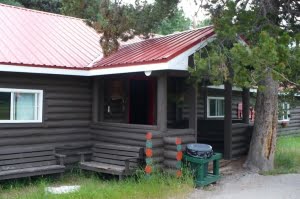
Photos of the original Cadicasu site located in Bragg Creek from 1930 – 2007 where over 60,000 children went to summer camp.
| DATE | EVENT |
|---|---|
| 1929 | St. Mary’s Parish in Calgary was donated land in Bragg Creek. |
| 1930 | Cadicasu opened in Bragg Creek as St. Mary’s Boys Choir Camp. |
| 1951 | Bishop Carroll turned it into a general summer camp for boys. |
| 1952 | Girls were welcomed at camp for the first time during separate weeks. |
| 1955 | The official name of the camp was changed to Camp Cadicasu. |
| 1956 | Camp Cadicasu became a registered non-profit charity. |
| 1950s | A new chapel, dining hall, swimming pool, and cabins were built. |
| 1961 | Mrs. Violini (a.k.a. “Mom”) started a 20-year relationship as the cook. |
| 1965 | Fr. Eric Nelson began an almost 50-year run as Chaplain. |
| 1970s | A co-ed program was initiated that reflected the cultural trends. |
| 1980s | Camp freshened itself up with some new buildings and upgrades. |
| 1989 | Mike Nelson embarked upon a multi-decade journey as the Director. |
| 2006 | The mess hall burned down and talk of how to continue emerged. |
| 2007 | The business association with the Calgary Catholic Diocese ended. Camp Cadicasu became an independent non-profit charity. |
| 2008 | A new location was found with Frank Walsh as the Board Chair. |
| 2009 | Margie Schuett was elected Board Chair of Camp Cadicasu. |
| 2010 | The new Camp Cadicasu opened for campers in Kananaskis Country. |
| 2012 | An off-season Rental Program was created to build financial autonomy. |
| 2013 | Mike Nelson retired, and Heather O’Neill became the Executive Director. |
| 2014 | Our first Winter Camp was held in December to expand our program. |
| 2015 | Outdoor Education and Leadership School Programs were launched. Specialty Camps were created. Clan Families were introduced to strengthen teamwork and camp spirit. |
| 2016 | Cadicasu joined the Birdies for Kids Shaw Charity Classic golf tournament. |
| 2017 | Cadicasu was named in the Top 5 Traditional Camps category as part of the Flight Network‘s Top 60 Camps in North America. |
| 2018 | Cadicasu won the category of Best Children’s Overnight Camp in the Calgary Area. |
| 2019 | The cabin names were changed from Indigenous tribes to animals. Cadicasu was voted the Best Children’s Overnight Camp again in the Calgary Area. Our first Women’s Retreat was created. |
| 2020 | Camp was closed for most of the year due to the COVID-19 global pandemic. Forest School was developed as a safe space for children to build social connections and to help families with childcare. |
| 2021 | Campers returned for a successful summer season at a reduced capacity following AB Health restrictions with zero cases of COVID-19. A specific camp for the 2SLGBTQIA+ community was created. |
| 2022 | Cadicasu became a Registered Activity Provider for the Duke of Edinburgh International Award to offer their Adventurous Journey Trips. We began offering 40 Hour Wilderness First Aid Training courses to the public. |
| 2023 | Cadicasu was voted the Best Children’s Camp (out of all day and overnight camps) in the Calgary Area. Rock ‘n Roots, Family Camp & Day Camps were added for more program opportunities. Trick or Trail was developed as an annual fundraiser. |
Rebuilding Cadicasu
In 2007, the construction of the new site began and the Board of Directors worked hard to fundraise and carry on the legacy that began over eighty years earlier.
jk
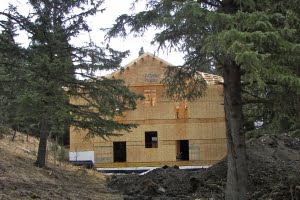
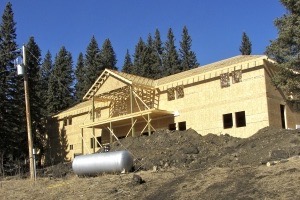
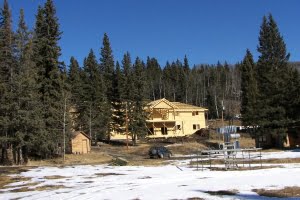
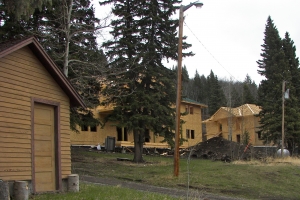
Reconciliation Statement (2023)
With the discoveries of unmarked graves across multiple residential schools in Canada, Camp Cadicasu has felt compelled to further examine our relationship with the Indigenous Peoples. Cultural appropriation permeates the history of summer camps all over the continent, and we are no exception.
While we have embraced Indigenous ceremonies, terms and crafts in our past, we acknowledge the unintended consequences of these actions. We have been working very hard to instil respect by moving towards reconciliation. From the beginning, the Indigenous Peoples have played a significant role in defining our camp culture. However, we recognize the line between appreciation and appropriation has been blurred with some of our traditions.
Over the past ten years, we have made several changes to remove aspects of our program that reinforced stereotypes and added opportunities for education. We honour the Indigenous Peoples by teaching earth skills, caretaking the land, modelling environmental stewardship, and sharing our Land Acknowledgment.
We hope to continue the healing journey as we safeguard our community as a place where all humans feel safe, loved, and welcome.
